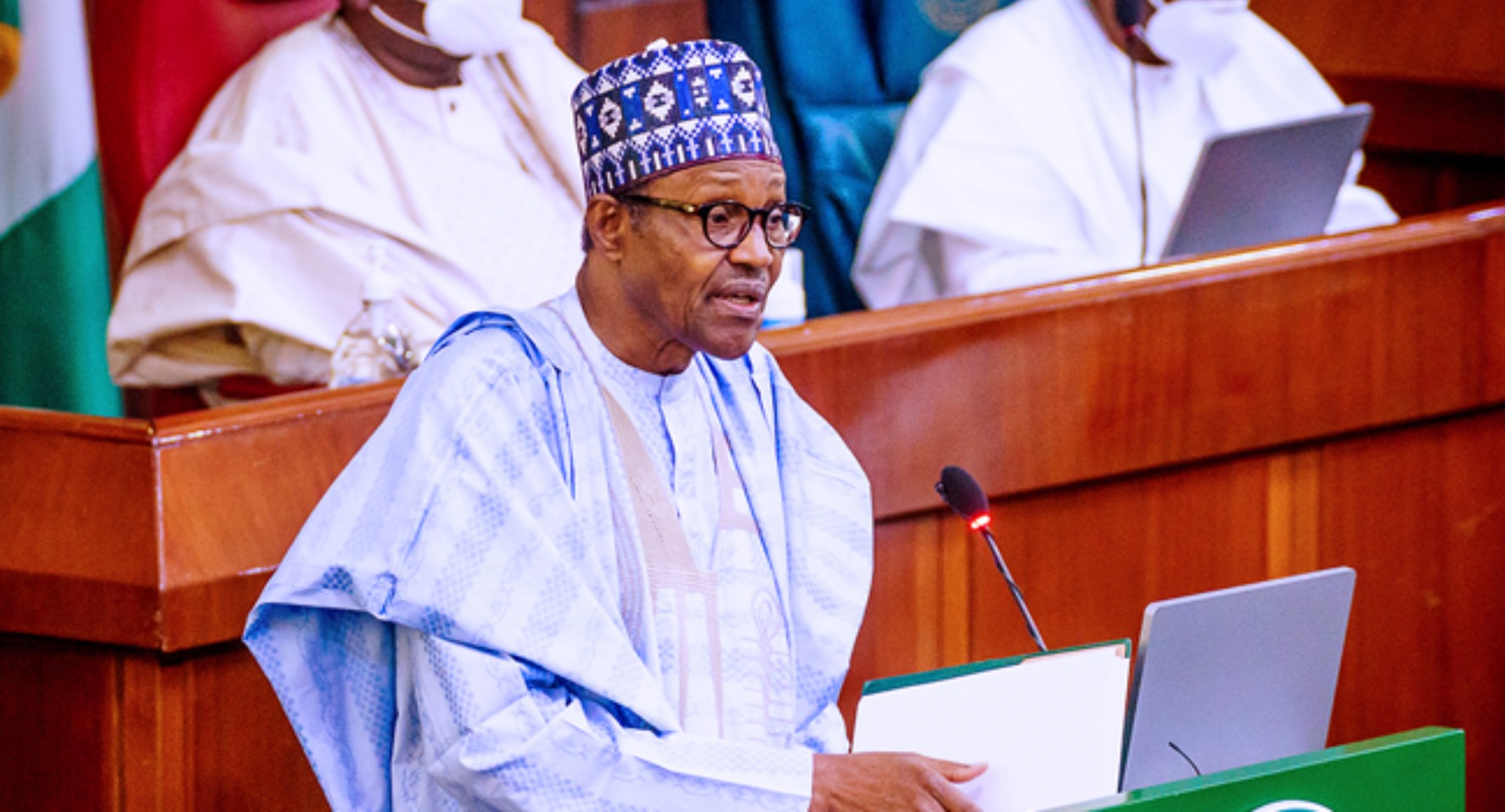President Muhammadu Buhari on Thursday said the country was primed for a second recession in four years although the government has put in place plans to ensure rapid recovery in 2021.
The President made the remarks during the presentation of the 2021 budget proposal to the National Assembly.

Like many other countries, the Nigerian economy has been hit hard by the Coronavirus pandemic which drastically cut the demand for oil, the country’s top revenue earner. Before the pandemic, the country was on a three-year trend of modest but positive GDP growth.
The government’s plans to revive the economy include a focus on skills development exemplified by the Special Public Works programme which aims to provide employment opportunities to 774,000 young people across the country.
“The 2021 Budget was prepared amidst a challenging global and domestic environment due to the persistent headwinds from the Coronavirus Pandemic. The resulting global economic recession, low oil prices and heightened global economic uncertainty have had important implications for our economy.
“The Nigerian economy is currently facing serious challenges, with the macroeconomic environment being significantly disrupted by the Coronavirus Pandemic. Real Gross Domestic Product (‘GDP’) growth declined by 6.1 percent in the second quarter of 2020. This ended the 3-year trend of positive, but modest, real GDP growth recorded since the second quarter of 2017. I am glad to note that, through our collective efforts, our economy performed relatively better than that of many other developed and emerging economies.
“GDP growth is projected to be negative in the third quarter of this year. As such, our economy may lapse into the second recession in four years, with significant adverse consequences. However, we are working assiduously to ensure a rapid recovery in 2021. We remain committed to implementing programmes to lift 100 million Nigerians out of poverty over the next 10 years.
“As skills’ deficits limit employment opportunities in the formal economy, various skills’ development programmes are being implemented simultaneously to address this problem frontally. For instance, the Government is implementing the Special Public Works programme to provide employment opportunities to 774,000 youths across the 774 local government areas of Nigeria. We have also recently introduced the N75 billion Nigeria Youth Investment Fund, of which N25 billion has been provided in 2021 Budget.
“We thank all Nigerians, for your perseverance and continued support during these difficult times. We remain unwavering in our commitment to actualize our vision of a bright future for everyone.”


